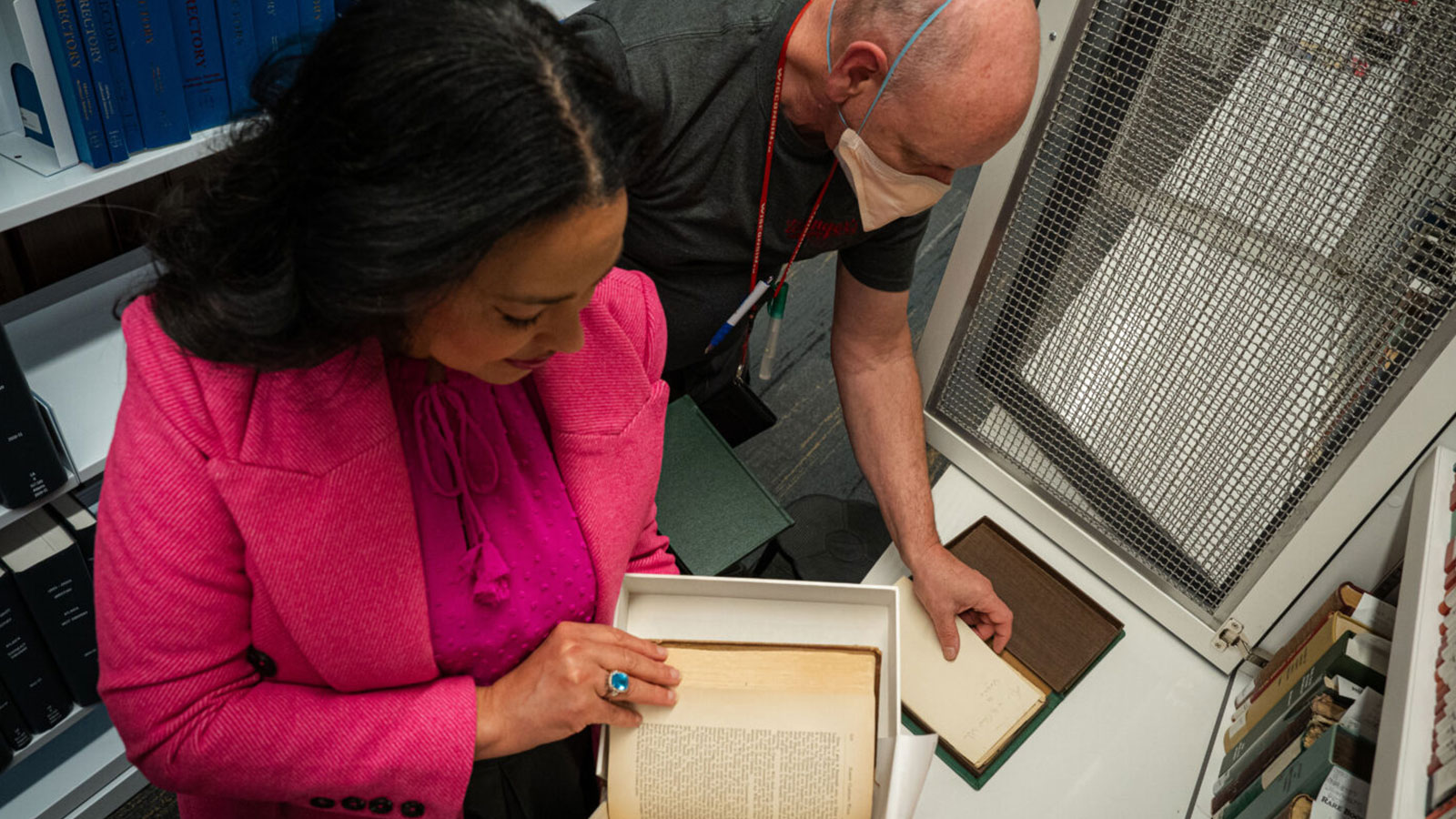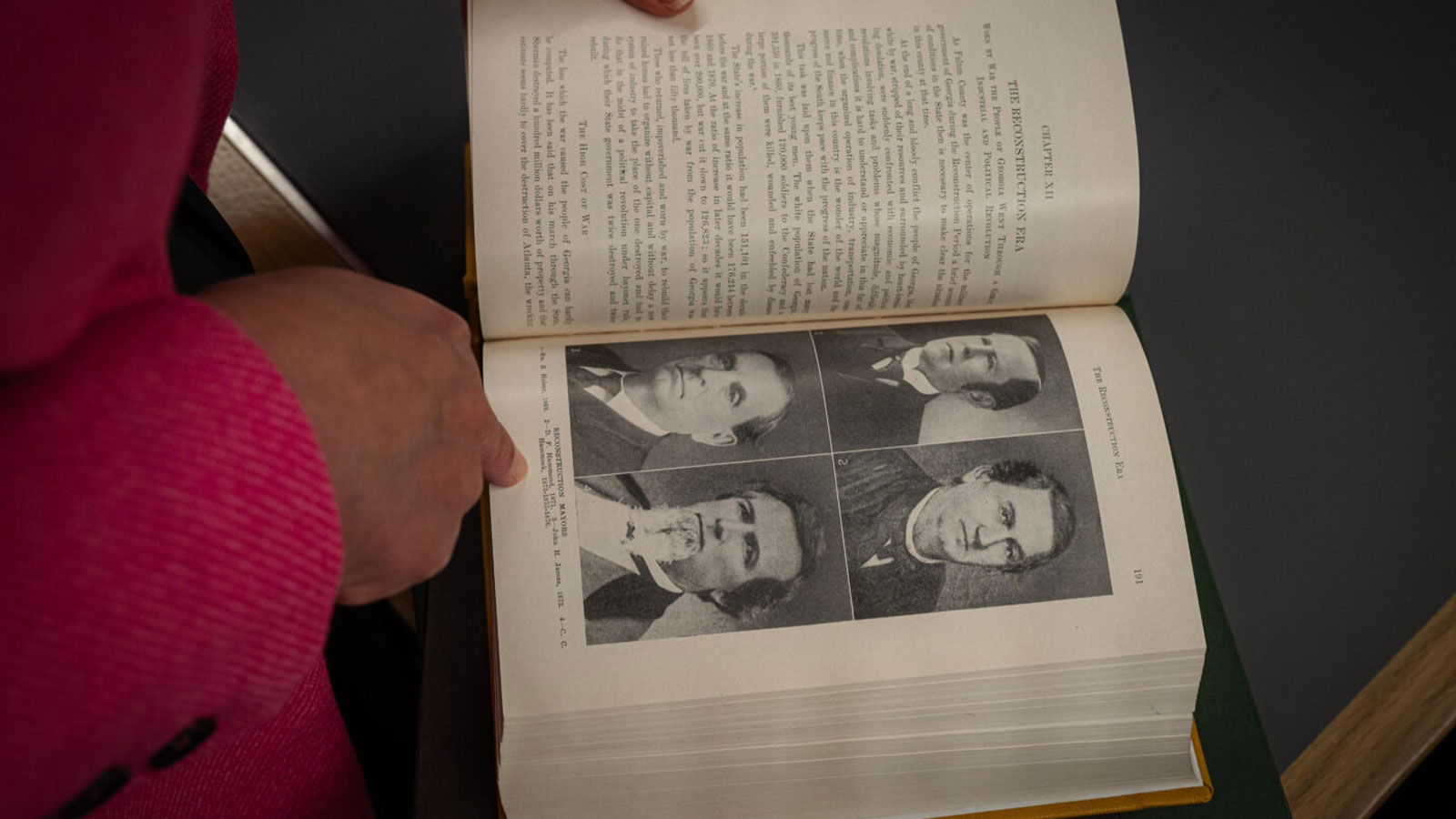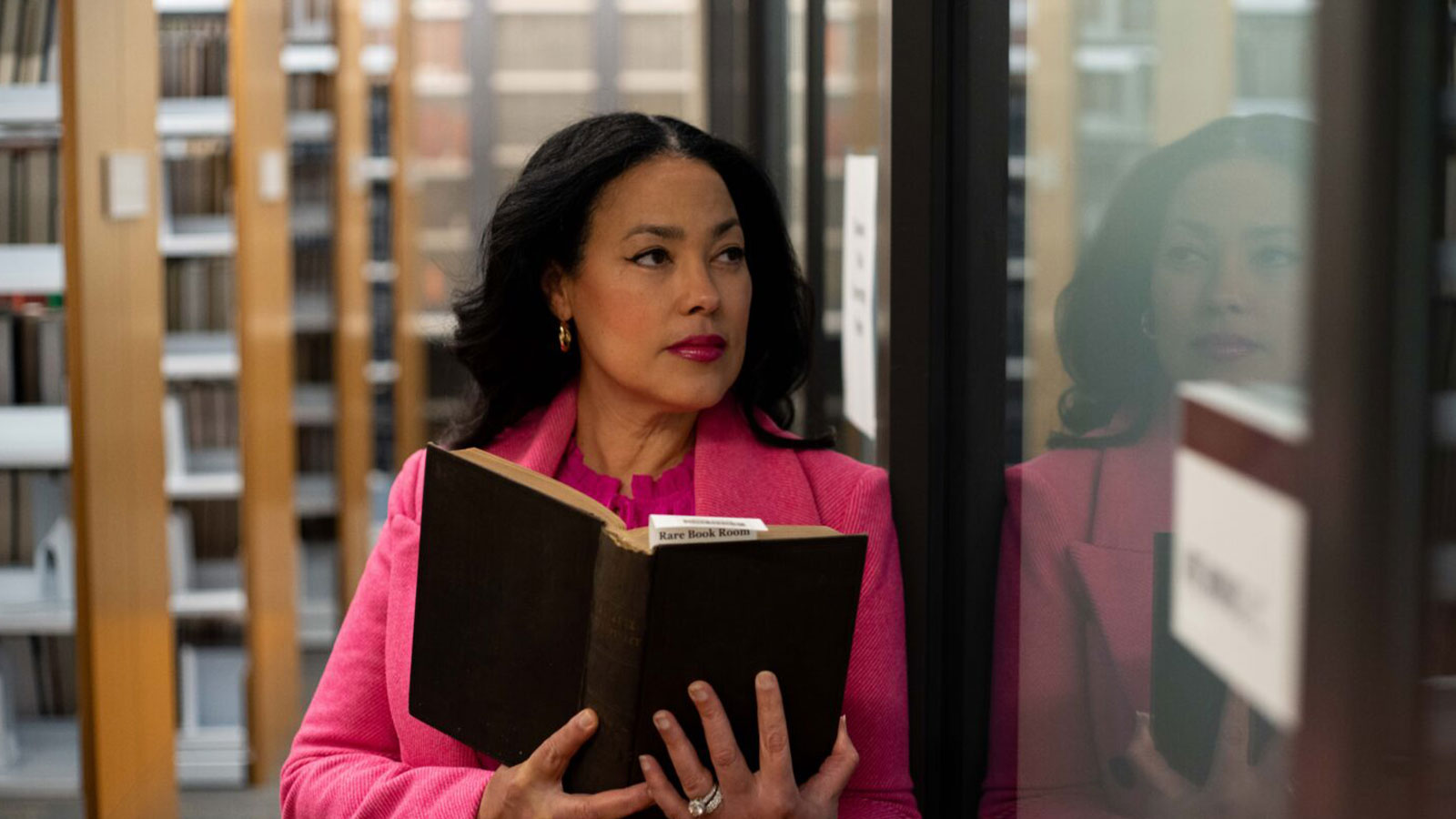Fulton County is moving ahead with studying reparations for descendants of people who were enslaved or lived under Jim Crow laws in the county.
Fulton officially created its Reparations Task Force in 2021. The Fulton Board of Commissioners allocated $250,000 for the project. The county is working with the Atlanta University Center Consortium to hire researchers to conduct two studies on historical racial injustice in Fulton, and the task force will provide possible recommendations from the studies to the board of commissioners by this fall.
The City of Atlanta established a study commission last November. And, Georgia House Democrats have planned a “Reparations Day” at the state Capitol on Thursday to discuss further redress in the state.
It’s coming to Georgia – get ready for the discussion as February 15th, 2024 is #Reparations Day at the Georgia Capitol. #gapol pic.twitter.com/zleskKydY9
— Gerald A. Griggs (@AttorneyGriggs) February 6, 2024
Conversations around the reparations movement for African Americans saw a rise following George Floyd’s murder in 2020. The growing Black Lives Matter movement helped recenter the spotlight on repair.
California recently introduced a slate of reparations bills, and in Illinois, the state’s reparations commission is exploring several policy areas for legislation and looking to the public for input. The efforts have been at the local level in other places, including Georgia.
Linda Mann, co-founder of the African American Redress Network, which tracks reparations initiatives in the U.S., said despite the surge in interest, funding these efforts is a constant issue.
“Bills are being passed, or these task forces are being passed,” Mann said. “But a lot of them are being passed without any money, and that’s a huge issue. Because they’re being tasked to do actual research — significant research, actually.”
In Fulton, the task force’s budget funds multiple administrative duties and town halls in addition to the AUCC’s hiring of research for the studies.
Morehouse assistant professor and chair of Fulton’s task force, Karcheik Sims-Alvarado, said she believes the effort is increasing the public’s awareness of reparations and Black history even before the studies are released.
“A large part of that has to do with education,” Sims-Alvarado said. “Being informed about what it is that we’re doing. And also being informed about the history of slavery and Jim Crow.”

Dr. Karcheik Sims-Alvarado and librarian John Wright examine books about the history of Fulton County at the Central Library in downtown Atlanta. (Matthew Pearson/WABE)
Sims-Alvarado said reparations refer to a way to repair the harm done to a specific, oppressed minority. Repair can look different for different people and communities.
For Latron Price, it’s not just about money. Price, who works with Westside Community Market, is a frequent attendee of the task force’s monthly meetings. He said he supports redress through land and cultivation.
“I believe [in] agriculture as a whole foundation,” Price said. “Someone gives you a check or spend money, you know, it’s over. But if you have an opportunity to have land to produce, you can be a part of the supply chain that creates an economy. And that is, I think, the central part.”
Still, the financial gaps are real.
Last year, the Federal Reserve released an analysis of the national racial wealth gap, finding that typical white families have nearly 6.5 times the wealth of typical Black families. Narrowing it down to Georgia, the Urban Institute reported that household wealth for majority Black communities is five times less than the wealth of majority white communities.
Once researchers are in place, Fulton’s task force will explore various areas, including access to land, within its two studies. These studies will look at feasibility and material data.

Dr. Karcheik Sims-Alvarado points out images of mayors in Fulton County during the Reconstruction era. (Matthew Pearson/WABE)
One specific case study from the task force is Atlanta’s Bagley Park and its early gentrification during the 1930s and 1940s. The area, located in Buckhead, was also known as Macedonia Park.
Macedonia Park became like a haven for Black residents following racial terrorism in Forsyth County, according to a preliminary report by the Fulton task force. But white residents in surrounding areas found a problem with the Black people in the area, and the Board of Commissioners went on to endorse a bill to “address the ‘Negro Section,’” according to the task force.
Following several complaints from neighboring white residents who urged the county to condemn the neighborhood, the board began buying up the area and displacing residents. The Fulton task force will further investigate these doings over the course of the studies.
Around October, the task force must present its findings to Fulton’s Board of Commissioners.
Task Force Vice Chair Marcus Coleman said he believes that work done by the group will inspire other communities.
“Who doesn’t want to be involved in the main problem of race relations as it relates to inequities, disparities,” Coleman said. “The Fulton County reparations task force is going to do nothing but go up from here. [We] really set precedents and set the tone and the blueprint for other counties to follow what we’re doing here.”
Source: WABE
Featured image: Dr. Karcheik Sims-Alvarado is the chair of the Fulton County Reparations Task Force, which is tasked with holding meetings and researching historical racial injustice in the county. (Matthew Pearson/WABE)


